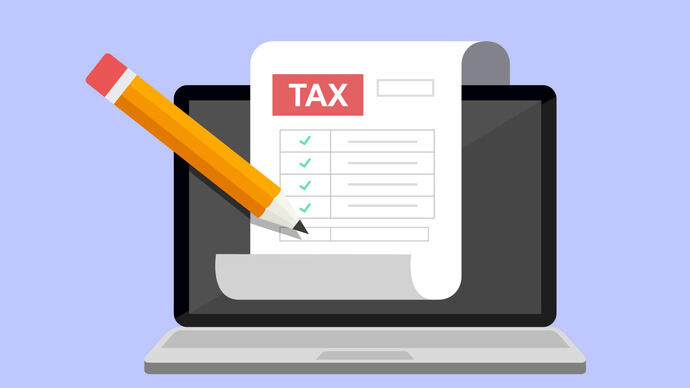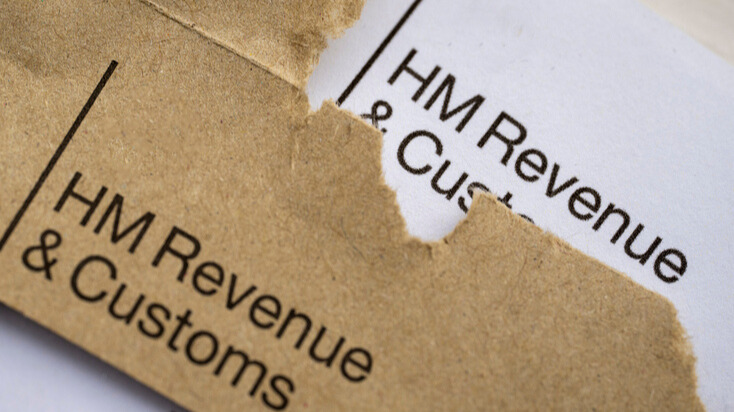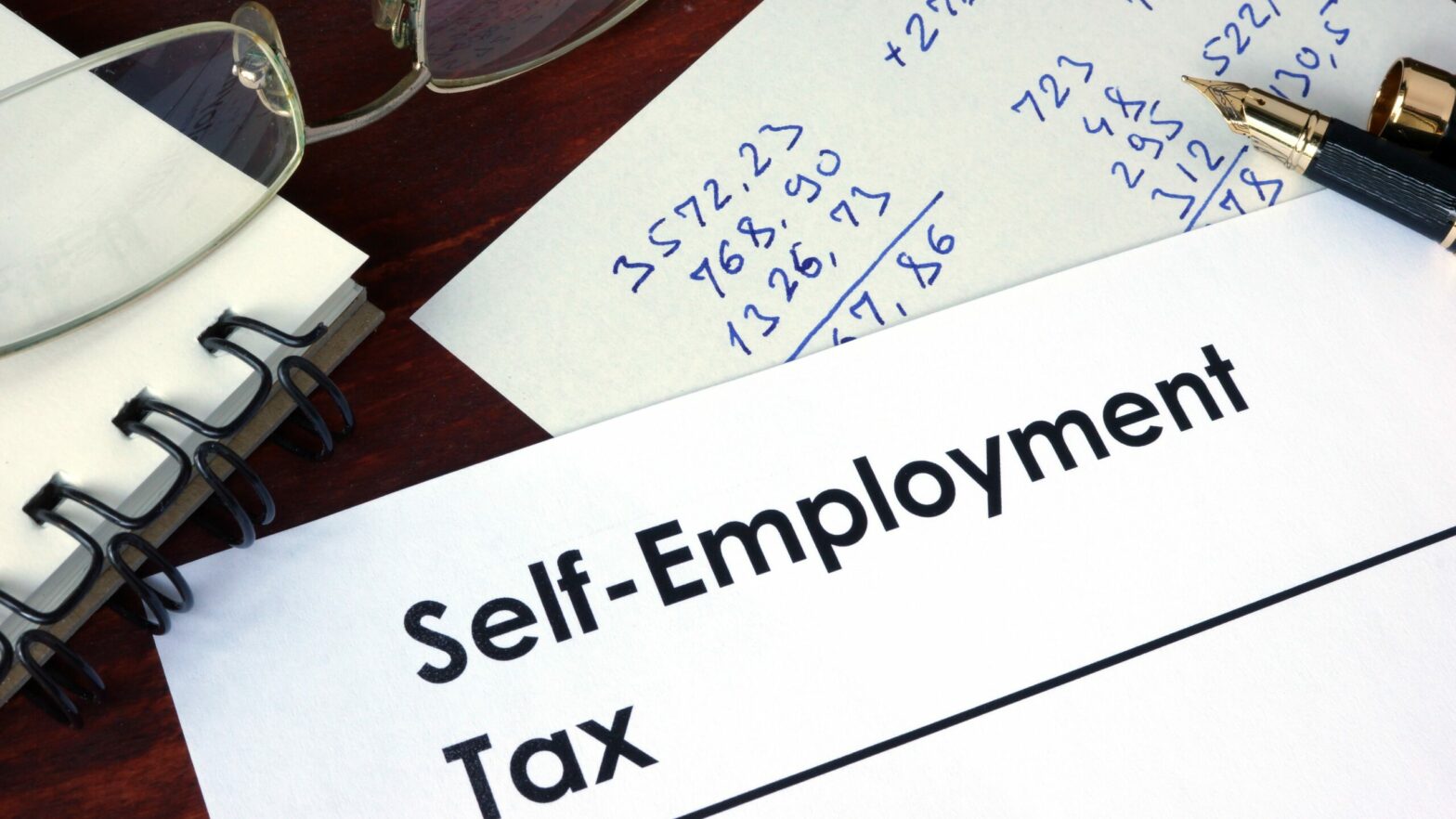Self-assessment season has just finished, which means that many small businesses and accountants are breathing a sigh of relief after getting their tax returns successfully filed on time.
But although HMRC says more than 10 million people filed their tax returns by the January 31st deadline this year, there are still hundreds of thousands who have failed to complete theirs on time. And if you’re one of them, you may now be getting worried about what is going to happen to you and what action you should take next.
Here’s how you can still get your tax return completed even after the deadline has passed, and suggests some steps you can take to avoid making the same mistake again in the future.
Don’t panic!
Firstly, remember that filing your tax return a few days late will earn you nothing worse than a £100 fine from HMRC. You won’t be arrested, or face a visit from a tax inspector, just because you have missed the deadline!
But don’t get lulled into a false sense of security. Remember that the longer you take to submit your Self Assessment tax return after the January 31st deadline, the more fines you will incur – so that initial £100 penalty may start getting larger!
If you haven’t paid your tax yet, then they will charge you interest if you pay late, but penalties on late payment of tax don’t kick in until 2nd March 2014 – 30 days after the deadline.
Have you got a reasonable excuse?
There may be a very good reason why you haven’t filed your tax return on time, such as a serious illness, or a death in your immediate family.
HMRC call this a ‘reasonable excuse’ for filing late, and you should tell them what has happened as soon as possible. Don’t wait until they send you a penalty notice. Fill in and submit a claim form to let them know.
Examples of other reasonable excuses would include computer breakdown as you try to file (of either your system or HMRC’s), your records being destroyed in a fire or flood so near to the deadline that you can’t recreate them, or receiving your online activation code late despite applying for it in plenty of time.
Relying on your accountant to fill in and submit your form for you, though, is not a reasonable excuse, as HMRC still hold you responsible for your own tax affairs even if you have engaged an accountant. Neither is ‘being too busy’ or suffering the traumatic loss of a pet goldfish – both of which are actual excuses that people have submitted to HMRC for not filing their tax return on time.
File your return and pay your tax as soon as you can
The longer you leave it to file your tax return and pay your tax, the more the interest and penalties will go up.
Also, taxpayers who persistently file and pay late are more likely to attract unwelcome attention from HMRC in the form of visits from inspectors, as HMRC may suspect your records are not up to scratch. If that turns out to be the case, they can also levy penalties for this, on top of the ones imposed for filing and paying your tax late.
If you’re a sole trader, remember you can still complete and file your self-assessment tax return directly from within FreeAgent – with the system automatically completing up to 90 per cent of the self-employment forms directly from your existing accounting data.
Alternatively you can also still use HMRC’s own website or specialist software such as TaxCalc to fill in your tax return.
Put systems in place for next year
Make sure this doesn’t happen again, by starting to collect your tax return paperwork as soon as you can after 5th April 2014. Have a box file to keep documentation for each tax year, such as interest certificates from your bank, dividend vouchers showing money received on shares, and so forth.
And, if you are running your own business, we believe that an hour a week of bookkeeping is all you need to keep your records up-to-date and accurate. Why not try this now and see if it works for you?




